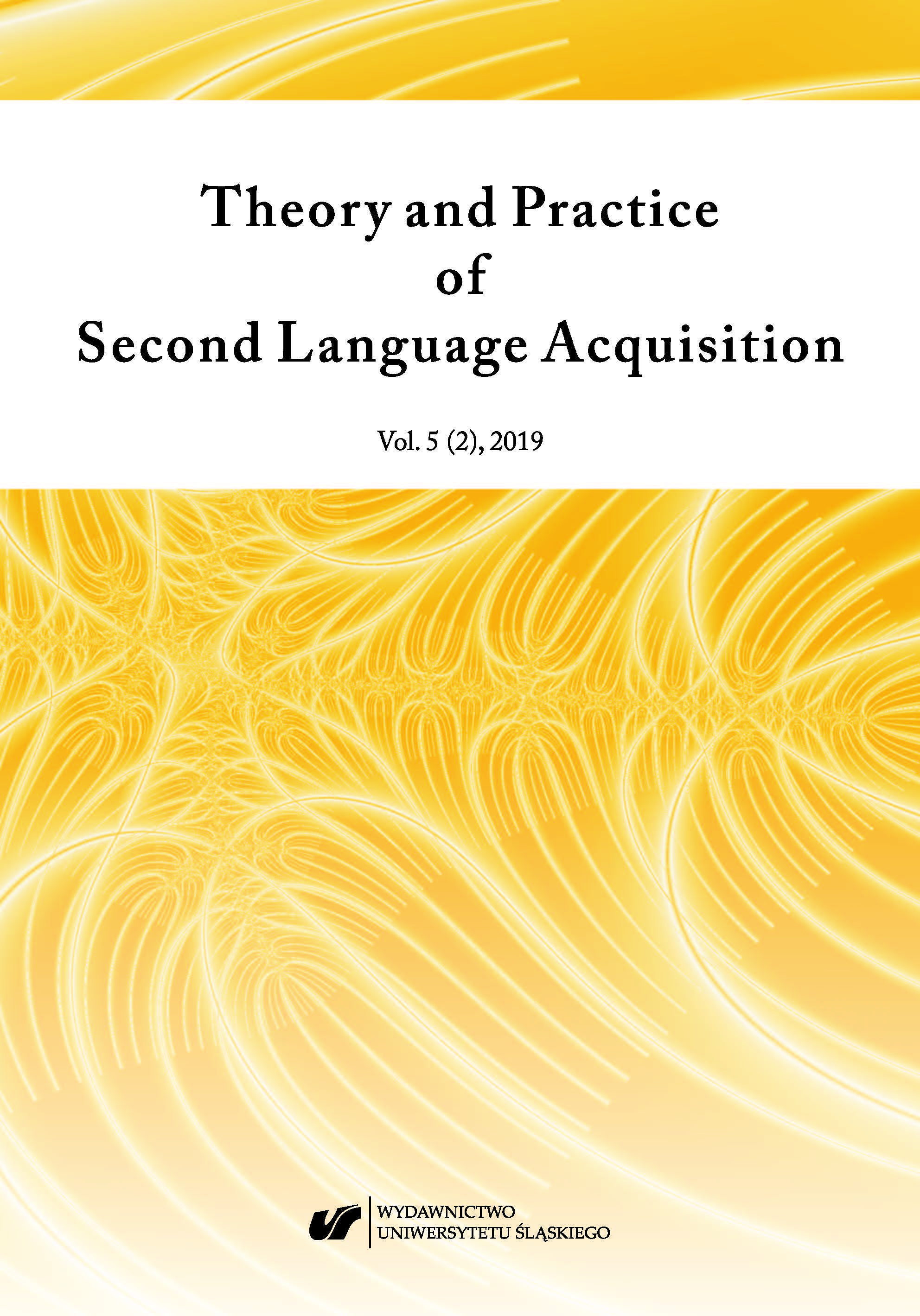Bi-/Multilingual Communication, Identity and the Posited Intermingling of Language Systems in the Mind
Bi-/Multilingual Communication, Identity and the Posited Intermingling of Language Systems in the Mind
Author(s): David SingletonSubject(s): Language studies, Theoretical Linguistics, Philology
Published by: Wydawnictwo Uniwersytetu Śląskiego
Keywords: bilingual; multilingual; boundedness; differentiation; identity; separate development; interaction; Quintus Ennius; strategic objectives;non-normative;
Summary/Abstract: This article addresses the claim that the notion of bounds between language-varieties in the mind should be abandoned. Such rhetoric has become standard in respect of the conceptual dimensions of language. The proposition does not, however, confine itself to underlying concepts; it calls into question the whole notion that languages in the mind are bounded entities in any of their aspects. The response to this position presented here is that knowledge of languages in the mind is in fact in all its aspects highly differentiated, and that this differentiation broadly follows traditional lines (always recognizing that demarcation between languages is occasionally permeable). Evidence in favour of this view is drawn from a number of areas, including language loss and recovery, bilingual/multilingual development and communication, and the affective dimension of language differentiation.
Journal: Theory and Practice of Second Language Acquisition
- Issue Year: 2/2019
- Issue No: 5
- Page Range: 25-38
- Page Count: 25
- Language: English

